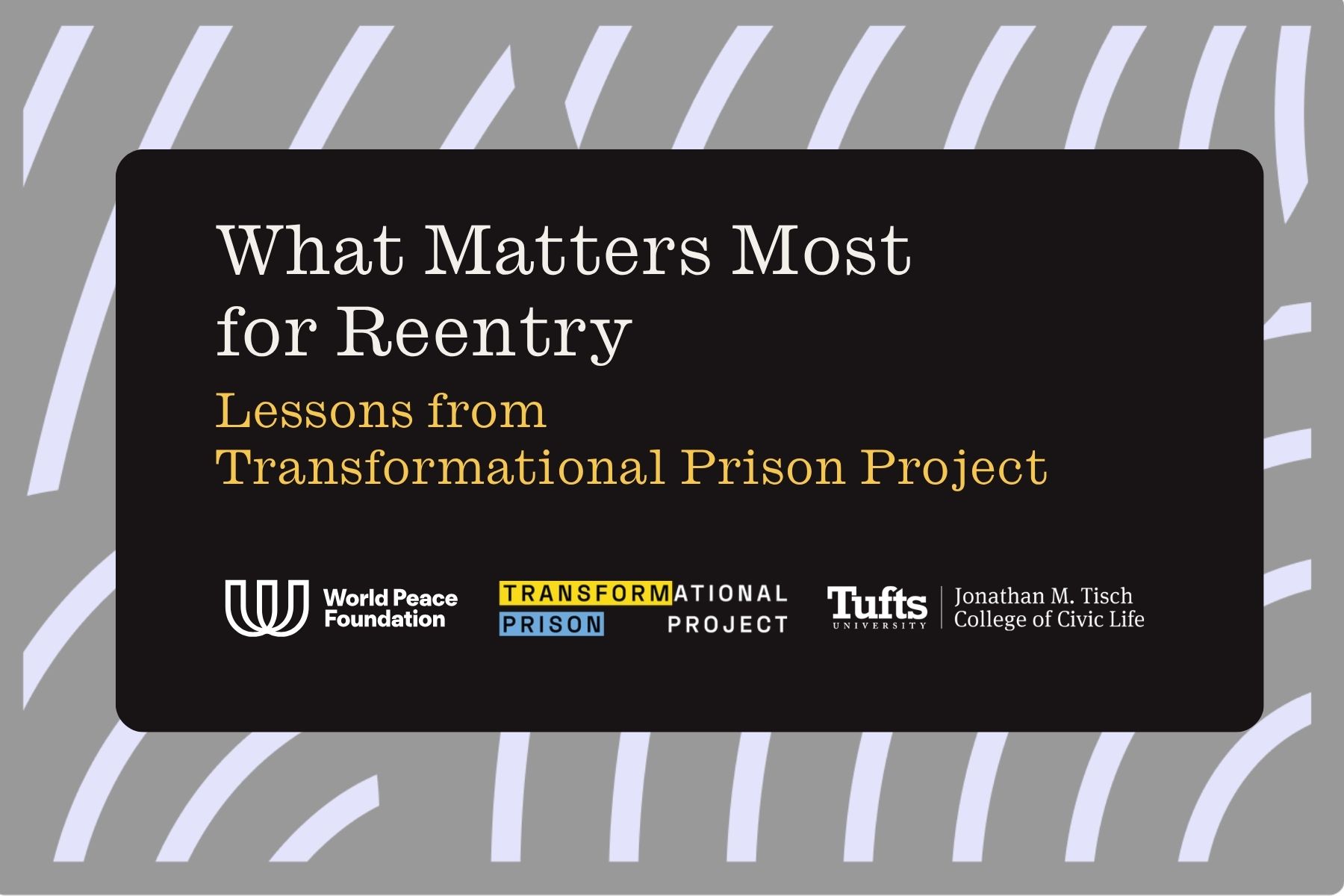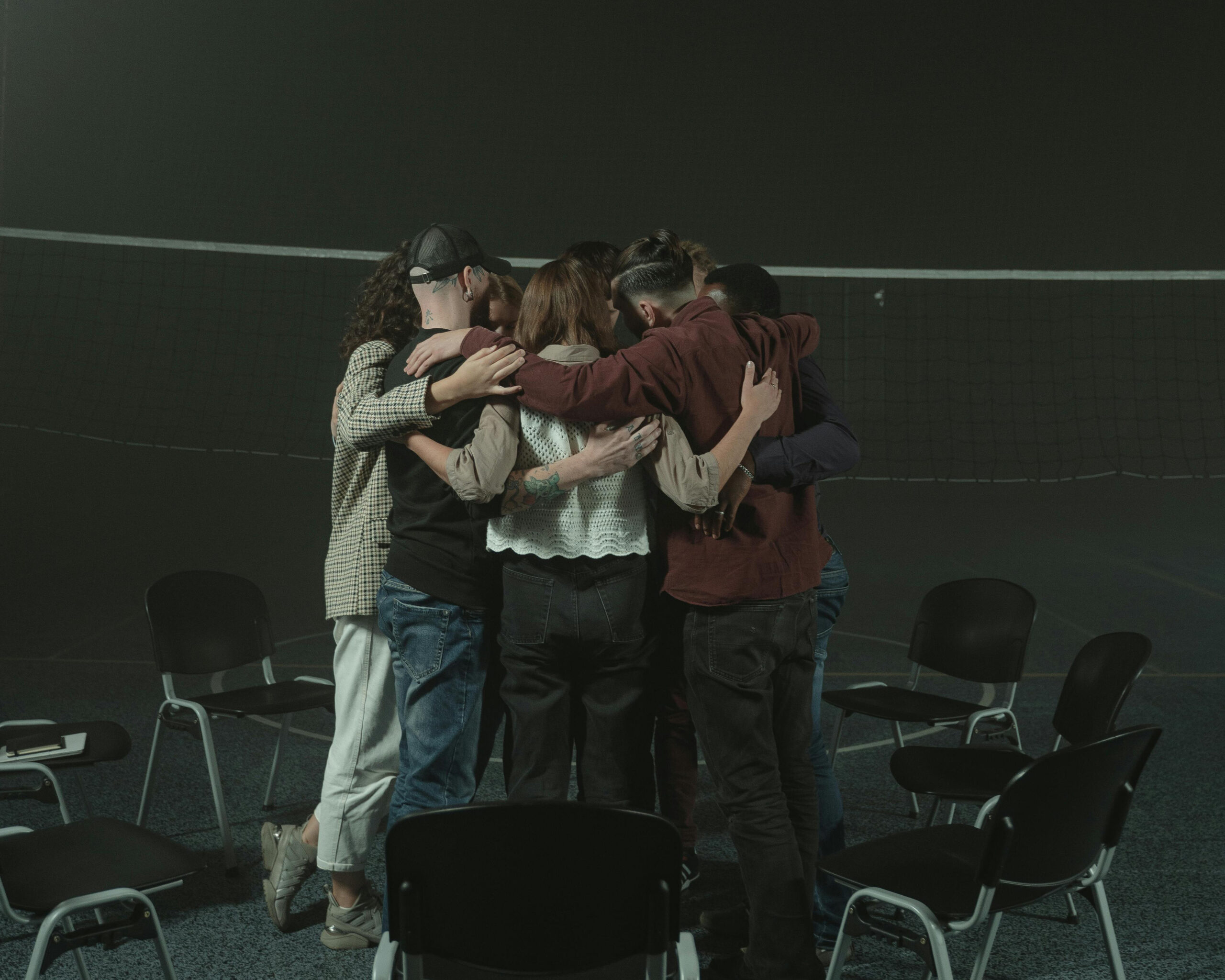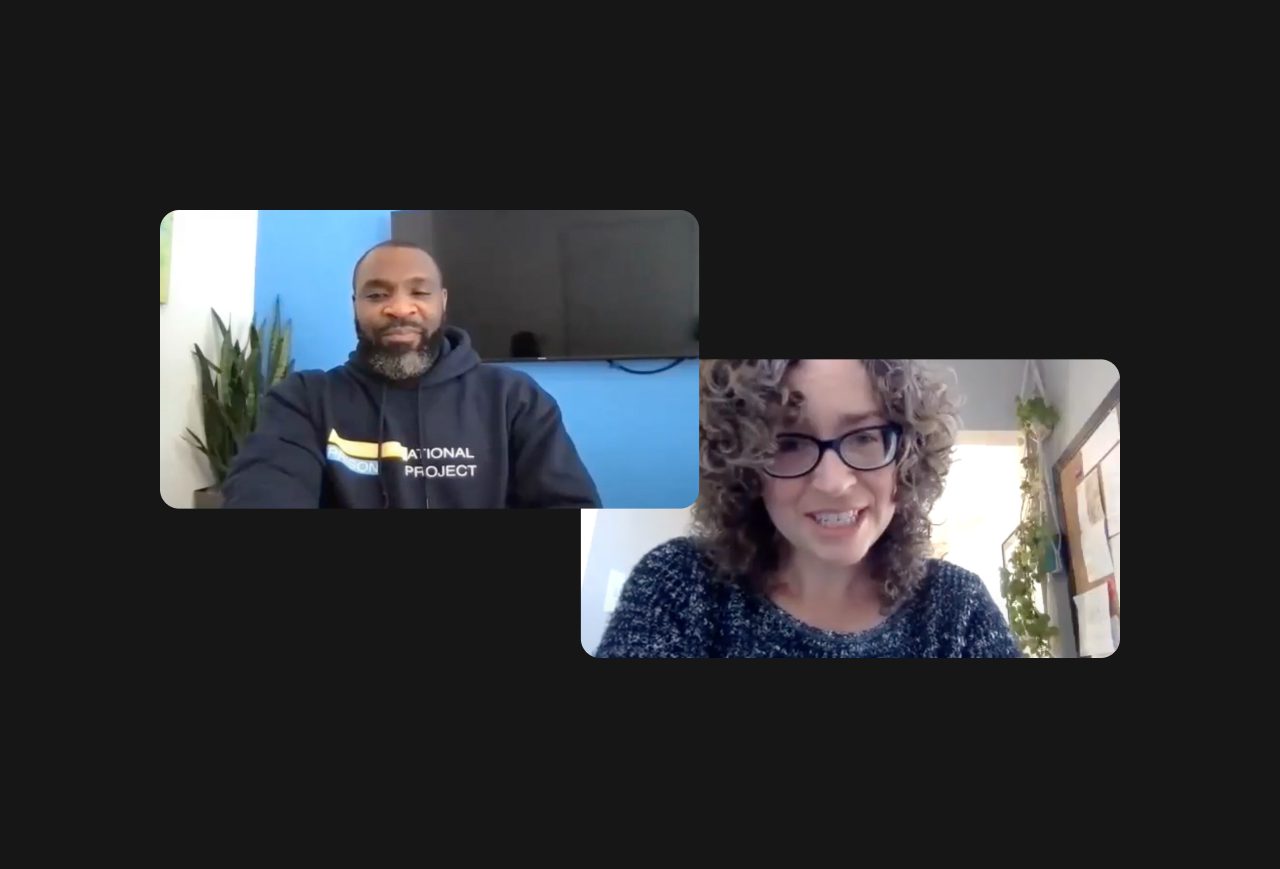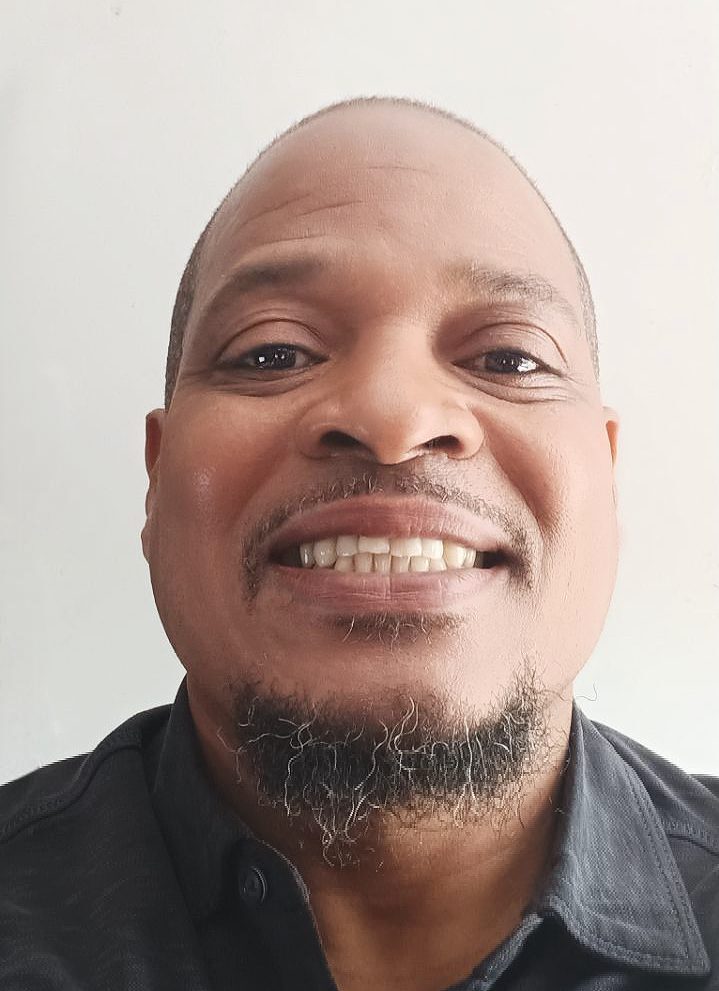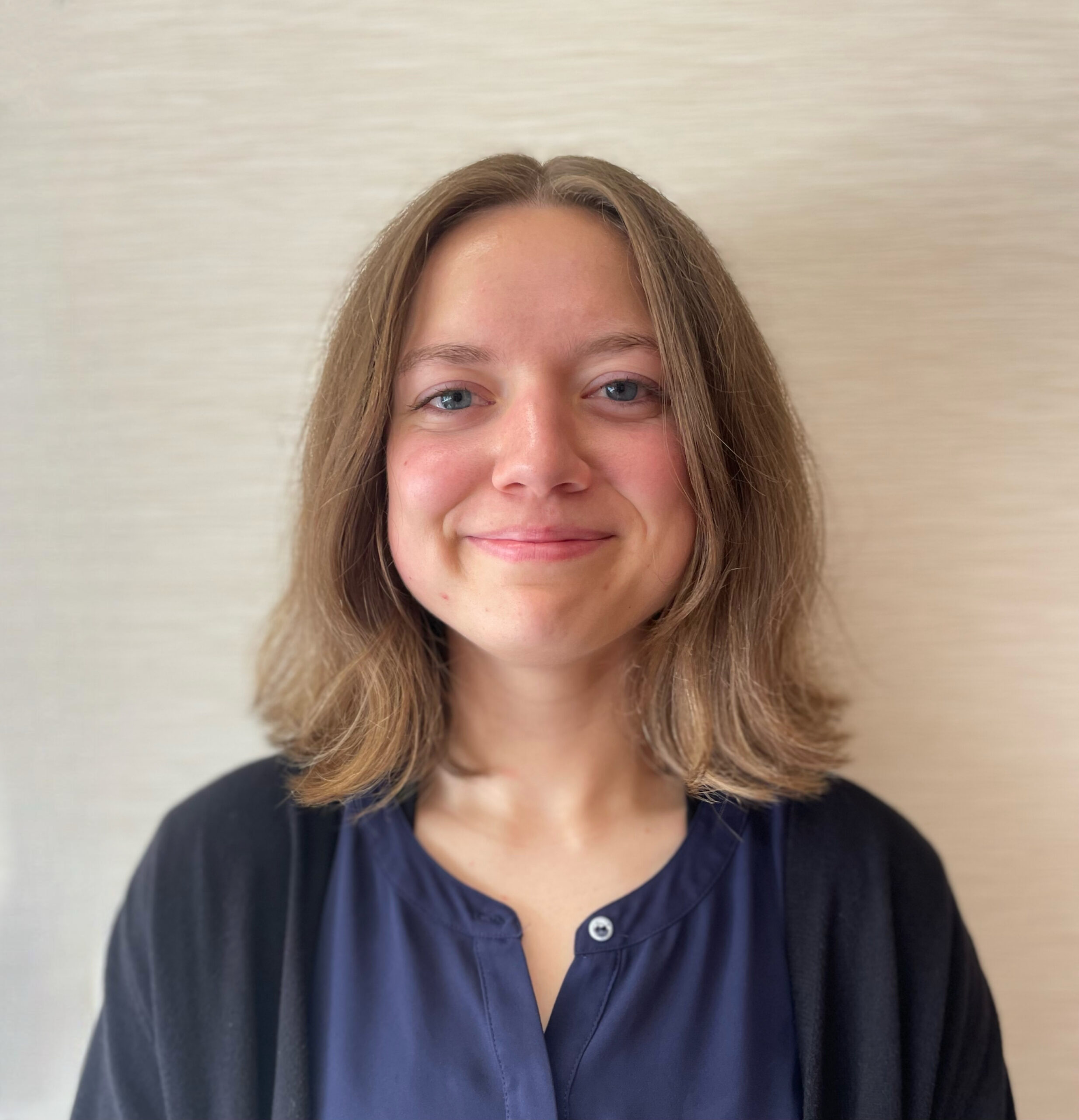With this project, WPF is partnering with the Transformational Prison Project (TPP) to explore how peer-led, restorative reentry support make a difference for people reentering society after incarceration. The project is led by B. Arneson and Bridget Conley for WPF, and Noble Williams, Bobby Iacovelli, Kentel Weaver, Kevin Keo, and Zoe Young, with George Hutchins, from TPP.
TPP’s work is rooted in restorative justice (RJ) as “a philosophy, a set of practices and a nonviolent social movement. Rather than focusing on punishment, it seeks to repair harm.” TPP was created in 2013 within MCI-Norfolk, the largest prison in Massachusetts, home to the nation’s oldest cohort of men serving life terms. In 2019, TPP began to transition to an organization outside prison led by formerly incarcerated men with the goal of continuing their RJ work to end cycles of incarceration. Today, they advance this goal through formal programs including RJ circles, mentoring, and a digital literacy course, offered to three target audiences: currently incarcerated youth and adults, people who are professionals or students within key sectors that influence the criminal justice system, and people experiencing reentry.
For people in reentry, TPP also provides informal or unstructured support, including addressing immediate needs as someone gets out, mentoring about how to access material and practical resources from service-providing organizations, offering guidance on how to manage probation and parole requirements, providing social and emotional support, and engaging in community-building activities. They are also available as needed, only a call away regardless of the day or time.
To assess the impact of these informal supports, TPP and WPF adopted a participatory action research (PAR) approach, and invited 30 people who received support from TPP to be interviewed for reentry oral histories that help us understand the role TPP played within their reentry journeys.
The project report was published on June 27, 2025.
